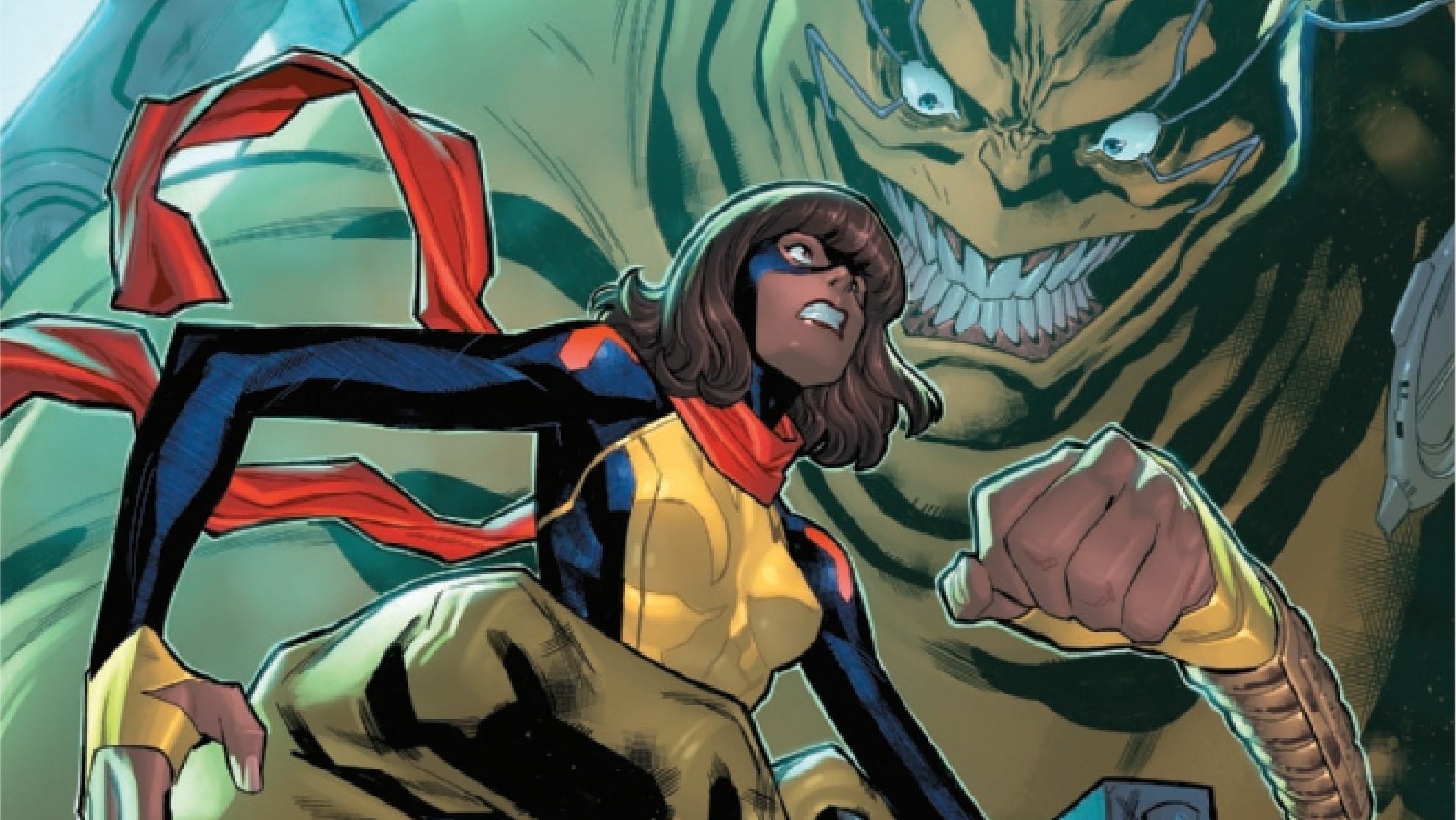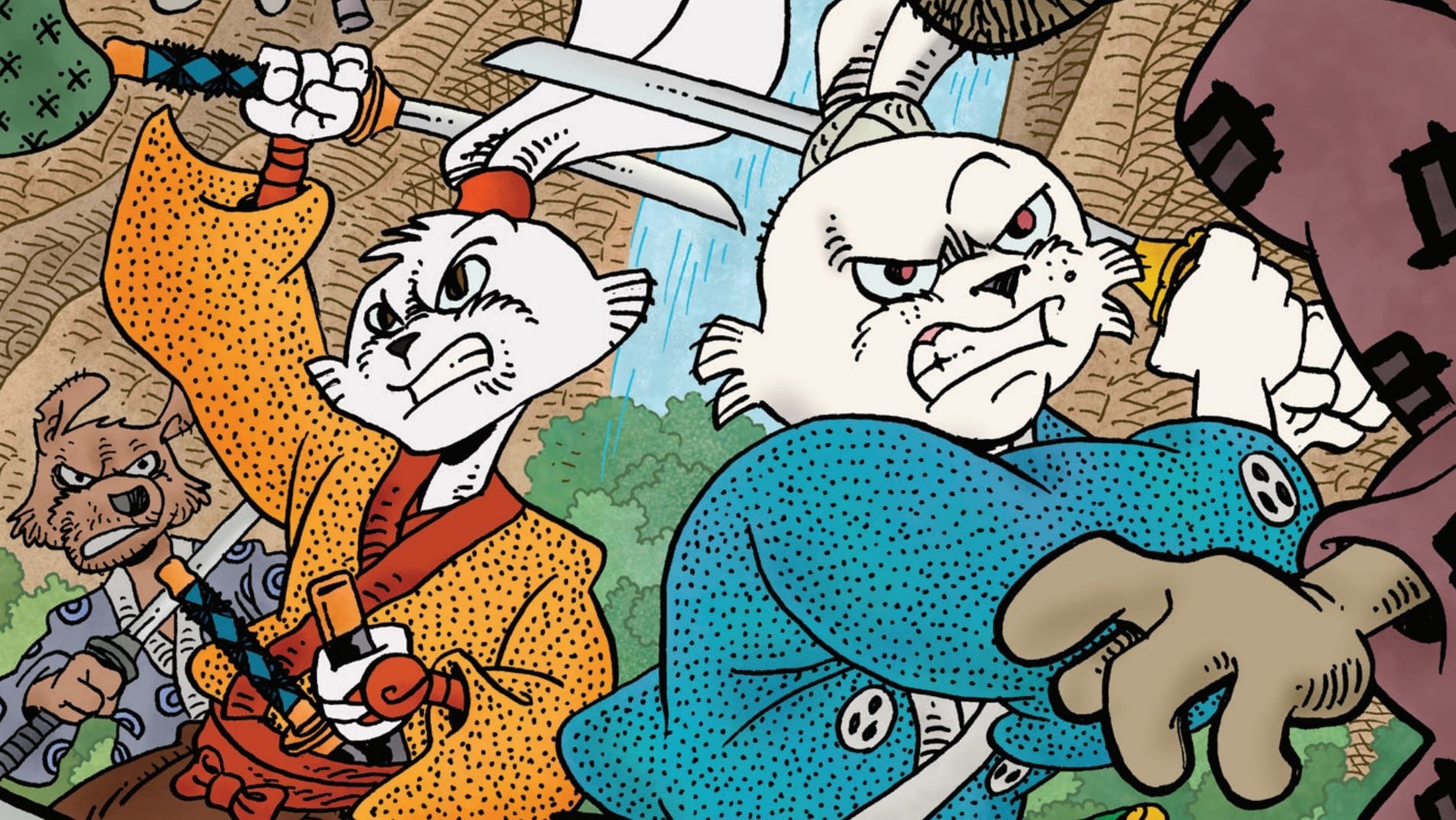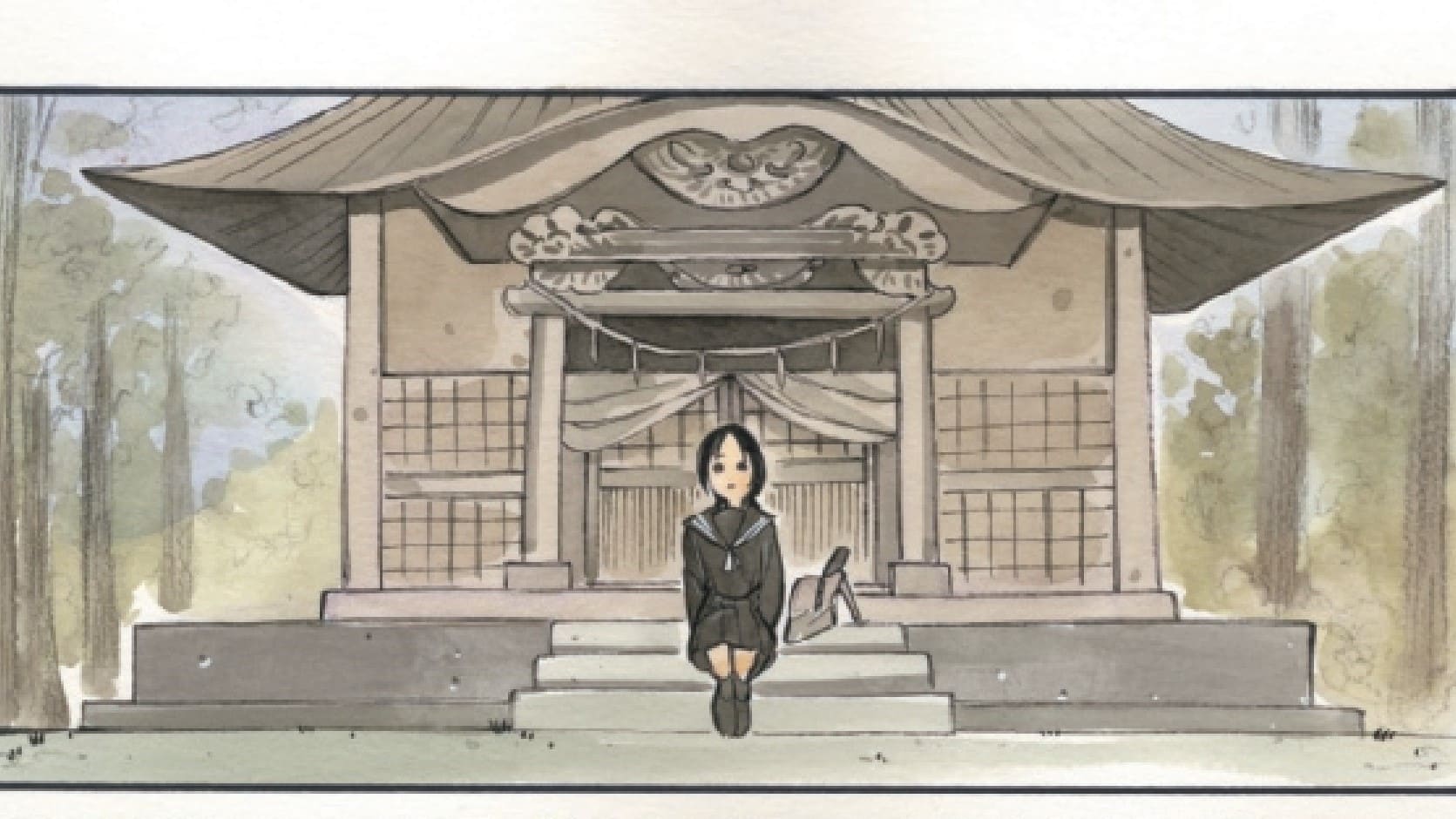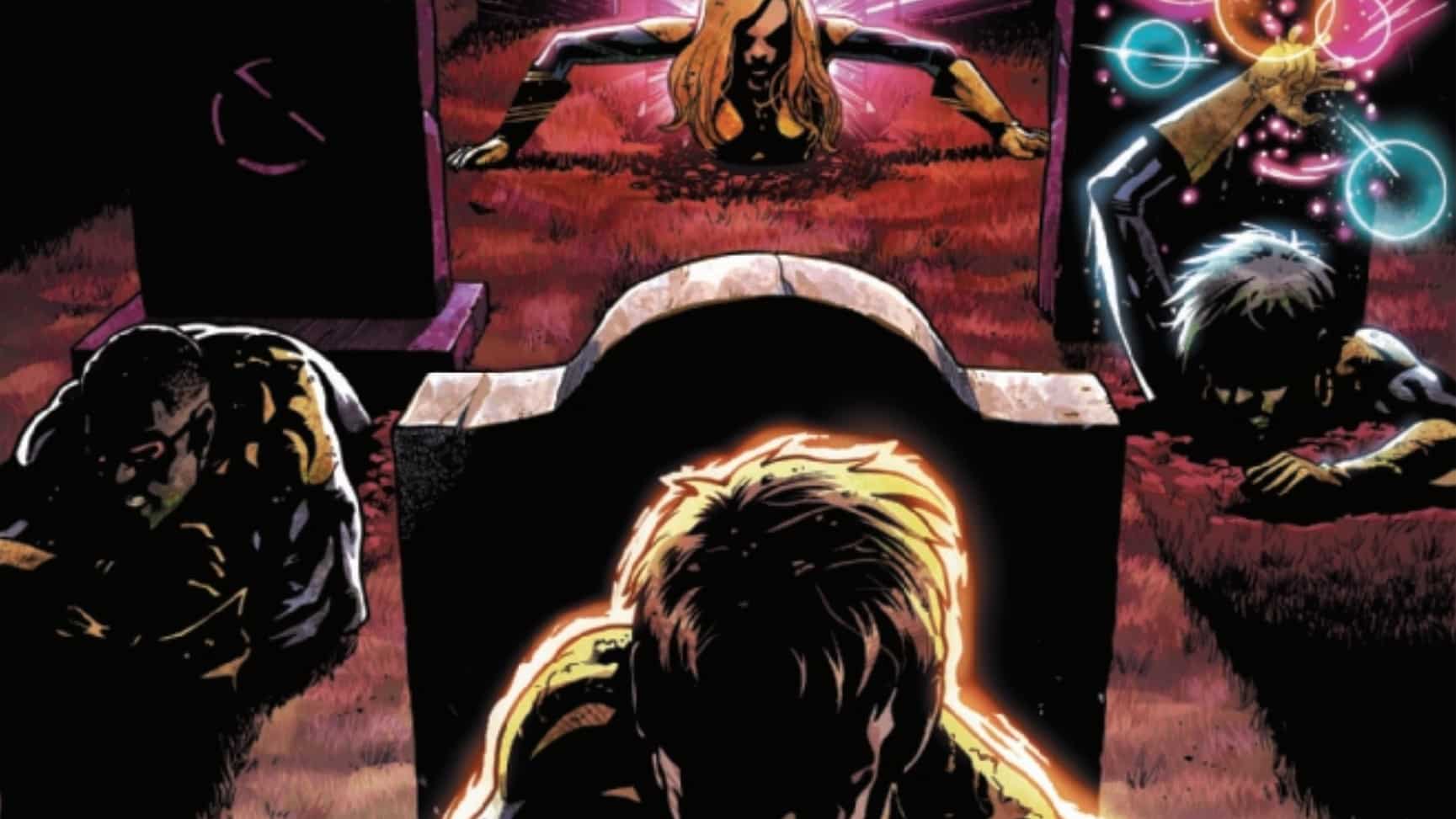Champions #10 written by Danny Lore, art by Luciano Vecchio, color art by Federico Blee, letters by Clayton Cowles.
All things, good, bad, and otherwise end, eventually. Ending is a certainty.
What is not certain is if those things will be memorable; what’s unknown is if we should care.
Champions #10 is the swan song of the current run and, likely, the swan song of the Champions for a while. Marvel releases are increasingly used as support to sync with whatever’s happening in the MCU (see: the revival of the Eternals, the reintroduction of Kang). I’m not sure where Champions fits: Kamala and Riri are getting screen time soon; Viv’s creation seems far off given what’s happened (and not happened) in Wandavision; the Nova Corps kind of exists and kind of doesn’t; and Miles? Well, that’s complicated.
Thus since there’s not an immediate corporate case for The Champions, an end here is not unexpected.
It’s also, to be honest, quite welcome.
The series has been fine. Just fine. Themes around the nature of social media, the creep of corporations defining and controlling youth culture, and the desire of the youth to balance being kids when they have adult responsibilities have been handed, well, fine. Just fine.
In Champions #10, our Champions battle a group of giant robots, controlled by a mad(ish) scientist, who are pre-programmed to seek out and save teens from themselves…by physically incapacitating them.
Giant robots with prejudiced programming? Feels, uh, familiar.
Ironically the machines weren’t beaten by our heroes; they were simply taken offline by the corporation. As a teen was the lead (mad) scientist, Roxxon was able to continue its “teens need supervision from us” narrative that led to the Kamala’s Law’s institution.
We end right where we started. Teen heroes are legal; Roxxon is powerful; our friends are still friends.
Nothing really changed.
Character growth was minute; character exploration over the course of the series was non-existent (how do you develop personalities of an ensemble cast? See the Hellions.)
In the last issue the Champions, to disrupt the social network of the evil corporation Roxxon, pushed their own social network to the masses. This is fine on its face, though a more interesting conversation isn’t if one social network is better than the other, but if any social network is beneficial at all, no matter who controls it or what their intentions are.
This is the kind of nuance we got in parcels from Eve Ewing’s initial five-issue run; this is a nuance that has been missing ever since she left the run.
But, again, that’s fine.
Sometimes a comic is just a comic; sometimes it’s just meant to be an escape, with cool-looking people doing cool things to not cool bad guys. And sometimes, that’s enough.
And while, for me, it’s not enough – not given the absence of the political prose of the first few issues, not given the heavy-handed handling of themes of these past few issues, not given the untapped potential of so many of the characters – I can understand that for many, it is, indeed enough.
I just know Champions had the potential to be purposeful; I just wish Champions was.
Maybe everything doesn’t have to be memorable for it to fulfill a purpose. And maybe, hopefully, when Champions is rebooted in a few months or years (or decades!), it will be.
But for now, we simply have the end. And the end is fine enough.
A proud New Orleanian living in the District of Columbia, Jude Jones is a professional thinker, amateur photographer, burgeoning runner and lover of Black culture, love and life. Magneto and Cyclops (and Killmonger) were right. Learn more about Jude at SaintJudeJones.com.






